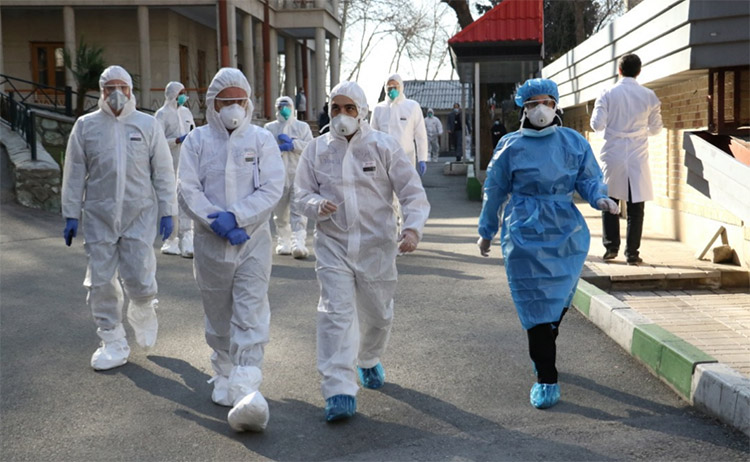Russia is being accused of stealing the formula for the UK’s Oxford/Astra Zeneca Covid vaccine jab, and using it as a blueprint for its own ‘Sputnik’ vaccine.
According to the Sun newspaper, ministers were informed that Russia had stolen the Oxford/AstraZeneca formula, with the British intelligence services reportedly having proof that one of Vladimir Putin’s spies stole the vital data.
The exact circumstances of the theft are not clear at this time, but it does raise the question whether the vaccine data was stolen as a result of one of the many hacks carried out against vaccine researchers during 2020 and 2021.

Data theft
What the report does say is that the vaccine data “was pinched from the drugs firm – including the blueprint for the Covid jab.”
Russia then allegedly used this stolen data as a blueprint for Russia’s Sputnik vaccine, which uses similar technology to the Oxford designed vaccine.
The report then clears up the hack theory, and says the theft was more old fashioned, as it is understood the data was stolen by a foreign agent in person.
The sources for the Sun report said they were “more than 95 per cent” sure Russian state-sponsored hackers had targeted UK, US and Canadian bodies developing a Covid vaccine.
“We are very careful in terms of calling these things out, ensuring we can have that confidence in attribution, then security minister James Brokenshire said at the time. “We believe we have this here.”
Brokenshire passed away last week from lung cancer, having never smoked a cigarette in his life.
Downing Street reportedly declined to comment.
Vaccine hacks
The scale of the hacking against vaccine researchers has been significant in the past 20 months.
When the Coronavirus pandemic began to impact the world in March 2020 (after early surfacing in China), AstraZeneca hurriedly teamed up with Oxford University, and rushed to mass produce a promising vaccine.
But soon hacking attempts began to try and steal other countries’ vaccine data. In May 2020 UK and US intelligence officials repeatedly warned that hackers were attempting to breach the cyber defences of vaccine makers.
Then in July 2020, both UK and US intelligence agencies warned that the Russian hacking group APT29 (also known as Cozy Bear) was actively targeting researchers developing a Covid-19 vaccine.
That same month the US Department of Justice (DoJ) issued formal charges against two Chinese nationals, accused of targeting researchers developing a vaccine for the coronavirus.
Then in November 2020 suspected North Korean hackers reportedly tried to break into the systems of British drugmaker AstraZeneca.
A month later in December 2020 the European Medicines Agency (EMA) was successfully hacked, and valuable documentation concerning the Pfizer/BioNTech Covid-19 vaccine was stolen.
Then in February 2021 intelligence officials in South Korea confirmed that North Korea hackers had attempted to steal Covid-19 vaccine technology from Pfizer.
That same month Oxford University confirmed it had detected and isolated an incident at the Division of Structural Biology (known as “Strubi”).
It should be noted that the Strubi Lab was not directly involved in the development of the Oxford University-AstraZeneca vaccine, which is the domain of the Oxford Vaccine Group and Jenner Institute.
That said, Strubi’s scientists have been heavily involved in researching how Covid-19 cells work and how to stop them causing harm, Forbes reported. That includes studies on potential future vaccine candidates.




